Surah Fath Last Ayat Benefits And Explanation
Here is Surah Fath last ayat benefits, Arabic text, transliteration, translation and explanation. This ayah talks about the qualities of the faithful believers and their refinement.
Advertisements
In this verse, Allah praises the Companions of the Messenger, may Allah be pleased with them all, and describes the believers as active in performing righteous deeds and in praying, which is the best action there is, all the while being sincere to Allah the Exalted and Most Honored in the prayer, awaiting His generous reward alone.
Surah Fath Last Ayat In Arabic Text
- مُّحَمَّدٌۭ رَّسُولُ ٱللَّهِ ۚ وَٱلَّذِينَ مَعَهُۥٓ أَشِدَّآءُ عَلَى ٱلْكُفَّارِ رُحَمَآءُ بَيْنَهُمْ ۖ تَرَىٰهُمْ رُكَّعًۭا سُجَّدًۭا يَبْتَغُونَ فَضْلًۭا مِّنَ ٱللَّهِ وَرِضْوَٰنًۭا ۖ سِيمَاهُمْ فِى وُجُوهِهِم مِّنْ أَثَرِ ٱلسُّجُودِ ۚ ذَٰلِكَ مَثَلُهُمْ فِى ٱلتَّوْرَىٰةِ ۚ وَمَثَلُهُمْ فِى ٱلْإِنجِيلِ كَزَرْعٍ أَخْرَجَ شَطْـَٔهُۥ فَـَٔازَرَهُۥ فَٱسْتَغْلَظَ فَٱسْتَوَىٰ عَلَىٰ سُوقِهِۦ يُعْجِبُ ٱلزُّرَّاعَ لِيَغِيظَ بِهِمُ ٱلْكُفَّارَ ۗ وَعَدَ ٱللَّهُ ٱلَّذِينَ ءَامَنُوا۟ وَعَمِلُوا۟ ٱلصَّـٰلِحَـٰتِ مِنْهُم مَّغْفِرَةًۭ وَأَجْرًا عَظِيمًۢا
Transliteration
- Muhammadur Rasoolul laah; wallazeena ma’ahooo ashiddaaa’u ‘alal kuffaaari ruhamaaa’u bainahum taraahum rukka’an sujjadany yabtaghoona fadlam minal laahi wa ridwaana seemaahum fee wujoohihim min asaris sujood;
- zaalika masaluhum fit tawraah; wa masaluhum fil Injeeli kazar’in akhraja shat ‘ahoo fa ‘aazarahoo fastaghlaza fastawaa ‘alaa sooqihee yu’jibuz zurraa’a liyagheeza bihimul kuffaar; wa’adal laahul lazeena aamanoo wa ‘amilus saalihaati minhum maghfiratanw wa ajran ‘azeemaa.
Surah Fath Last Ayat English Translation
Here you can read various translations of surah Fath verse 29, which is the last Ayat.
Sahih International
- Muhammad is the Messenger of Allah; and those with him are forceful against the disbelievers, merciful among themselves. You see them bowing and prostrating [in prayer], seeking bounty from Allah and [His] pleasure. Their mark is on their faces from the trace of prostration. That is their description in the Torah.
- And their description in the Gospel is as a plant which produces its offshoots and strengthens them so they grow firm and stand upon their stalks, delighting the sowers – so that Allah may enrage by them the disbelievers. Allah has promised those who believe and do righteous deeds among them forgiveness and a great reward.
Yusuf Ali
- Muhammad is the messenger of Allah; and those who are with him are strong against Unbelievers, (but) compassionate amongst each other. Thou wilt see them bow and prostrate themselves (in prayer), seeking Grace from Allah and (His) Good Pleasure. On their faces are their marks, (being) the traces of their prostration.
- This is their similitude in the Taurat; and their similitude in the Gospel is: like a seed which sends forth its blade, then makes it strong; it then becomes thick, and it stands on its own stem, (filling) the sowers with wonder and delight.
- As a result, it fills the Unbelievers with rage at them. Allah has promised those among them who believe and do righteous deeds forgiveness, and a great Reward.
Abul Ala Maududi
- Muhammad is Allah’s Messenger, and those who are with him are firm with the unbelievers but compassionate with one another. You see them occupied in bowing and prostrating and in seeking Allah’s bounty and good pleasure.
- They are distinguished from others by the marks of prostration on their faces. Thus are they described in the Torah. And their parable in the Gospel is that of a tilth that puts forth its shoot, then strengthens it so that it becomes stout and stands firmly on its stem.
- This is a sight pleasing to the sowers and one by which the unbelievers will be enraged. As for those who believe and do righteous deeds, Allah has promised them forgiveness and a great reward.
Muhsin Khan
- Muhammad (SAW) is the Messenger of Allah, and those who are with him are severe against disbelievers, and merciful among themselves. You see them bowing and falling down prostrate (in prayer), seeking Bounty from Allah and (His) Good Pleasure.
- The mark of them (i.e. of their Faith) is on their faces (foreheads) from the traces of (their) prostration (during prayers). This is their description in the Taurat (Torah). But their description in the Injeel (Gospel) is like a (sown) seed which sends forth its shoot, then makes it strong, it then becomes thick, and it stands straight on its stem, delighting the sowers that He may enrage the disbelievers with them.
- Allah has promised those among them who believe (i.e. all those who follow Islamic Monotheism, the religion of Prophet Muhammad SAW till the Day of Resurrection) and do righteous good deeds, forgiveness and a mighty reward (i.e. Paradise).
Pickthall
- Muhammad is the messenger of Allah. And those with him are hard against the disbelievers and merciful among themselves. Thou (O Muhammad) seest them bowing and falling prostrate (in worship), seeking bounty from Allah and (His) acceptance. The mark of them is on their foreheads from the traces of prostration.
- Such is their likeness in the Torah and their likeness in the Gospel – like as sown corn that sendeth forth its shoot and strengtheneth it and riseth firm upon its stalk, delighting the sowers – that He may enrage the disbelievers with (the sight of) them. Allah hath promised, unto such of them as believe and do good works, forgiveness and immense reward.
Dr. Ghali
- Muhammad is the Messenger of Allah, and (the ones) who are with him are strict against the steadfast disbelievers, constantly merciful among themselves. You see them constantly bowing themselves, (and) constantly prostrating themselves, seeking Grace from Allah and all-blessed Satisfaction.
- Their mark is on their faces, (being) the trace of prostration; that is their likeness in the Tawrah; (the Book revealed to Mûsa (Moses), of which the extant Torah is a corruption) and their likeness in the Injil (The Book revealed to c lea (Jesus), of which the extant Gospel is a corruption) is as a plantation that brings out its shoot; then it upholds it; then it grows stout; then it matures level upon its stalks, wonderful to the diligent planters, that through them He may enrage the steadfast disbelievers.
- Allah has promised the ones of them who have believed and done deeds of righteousness forgiveness and a magnificent reward.
Abdel Haleem
- Muhammad is the Messenger of God. Those who follow him are harsh towards the disbelievers and compassionate towards each other. You see them kneeling and prostrating, seeking God’s bounty and His good pleasure: on their faces they bear the marks of their prostrations.
- This is how they are pictured in the Torah and the Gospel: like a seed that puts forth its shoot, becomes strong, grows thick, and rises on its stem to the delight of its sowers. So God infuriates the disbelievers through them; God promises forgiveness and a great reward to those who believe and do righteous deeds.
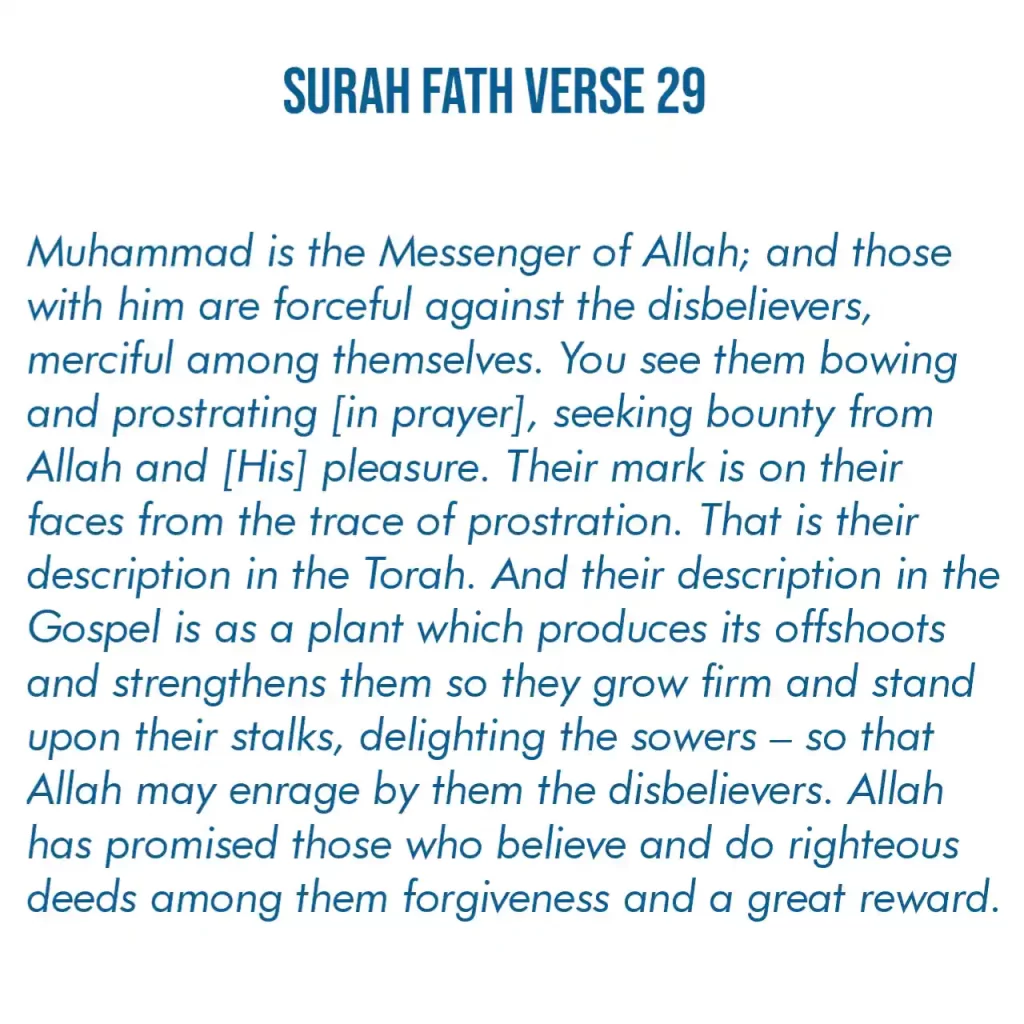
Surah Fath Last Ayat Benefits And Explanation
For those looking for commentary to help with the understanding of Surah Fath ayat 29, we’ve provided the tafseer of Abul Ala Maududi.
The companions (of the Prophet) are hard against the disbelievers: They are not such that the disbelievers may mold them as they like. They can neither be cowed nor purchased by any inducement.
Advertisements
The disbelievers have no power to turn them away from the great objective for the sake of which they have joined and followed the Prophet (peace be upon him) even at the cost of their lives.
That is, whatever their hardness and severity, it is only for the disbelievers, not for the believers. As regards the believers they are soft, merciful, affectionate, sympathetic and compassionate.
Their unity of aim and object has produced in them love and harmony and complete accord among themselves.
This does not imply the mark that appears on the forehead of some people on account of prostrations, but it implies the marks and traces of the fear of God, munificence, nobility and goodness of manner that naturally appears on the face of a person on account of bowing down before God.
Man’s face is an open book on the pages of which different states of a man’s self can be seen easily.
Advertisements
A vain and arrogant person’s face is different from the face of a humble, modest and unassuming person; an immoral person’s face is clearly distinguished from the face of a righteous and well mannered person; and there is a marked difference between the facial appearance of a wicked man and of a noble and virtuous man.
What Allah means to say is: The companions of Muhammad (peace be upon him) are such that one can recognize them on first sight to be the best of mankind, because their faces shine forth with the light of God worship and God consciousness.
This is the same thing about which Imam Malik has said that when the armies of the companions entered Syria, the Syrian Christians remarked:
Advertisements
These people possess the very same qualities and characteristics of the disciples of the Prophet Jesus Christ (peace be upon him).
The allusion probably is to Deuteronomy, 33: 2-3, in which the Holy Prophet’s (peace be upon him) advent has been foretold and the word saints has been used for his companions.
- Related readings: Surah Baqarah First 5 Ayats Arabic Text, Translation And Explanation
- Surah Bani Israel Ayat 82 Benefits And Explanation.
Apart from this, if some other quality of the companions has been mentioned in the Torah, it is not found in the existing, corrupted Torah.
A section of the Muslims translates this verse, thus: Allah has promised forgiveness and a great reward to those from among these people who have believed and done good works.
Thus, they invent a way to vilify and slander the companions, and claim that according to this verse many people among the companions were not believers and righteous.
But this commentary goes against verses (4, 5, 18 and 26 )of this very Sarah, and does not even accord with the initial sentences of this verse itself.
In( verses 4-5), Allah has made mention of sending down sakinat (tranquility) and of effecting increase in the faith of all those companions who were present with the Prophet (peace be upon him) at Hudaibiyah, and given them without any exception the good news of admission into Paradise.
In (verse 18), Allah has expressed His good pleasure for all those who took the pledge to the Prophet (peace be upon him), and in this also there is no exception.
In (verse 26), Allah has also used the word muminin (believers) for all the companions, has mentioned of sending down His sakinat to them, and obliged them to be righteous and pious, for they were most worthy and deserving of all mankind.
Here also, it was not said that the news was being given only abut those who were believers among them. Then also in the initial sentences of this verse itself the characteristics mentioned are of all those people who were with the Prophet Muhammad (peace be upon him).
The words are to the effect that all the people who are with him have this quality and characteristic. After this, suddenly in the last sentence there could be no excuse to say that some of them were the believers and others were not.
Advertisements

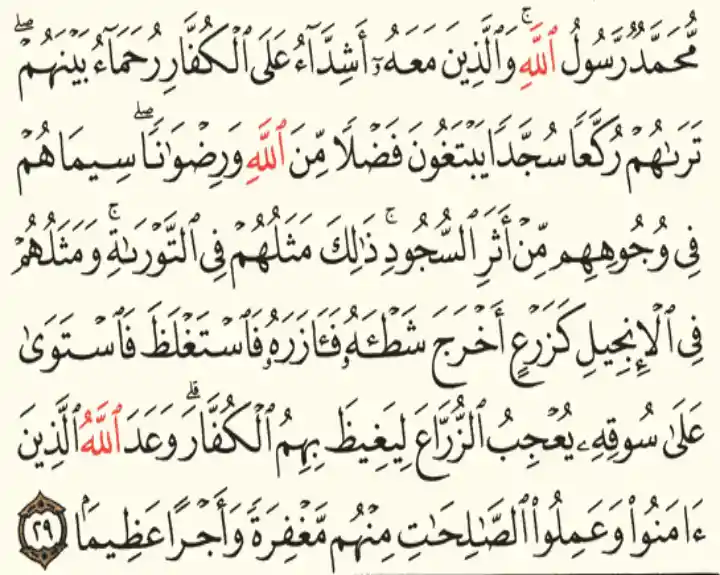
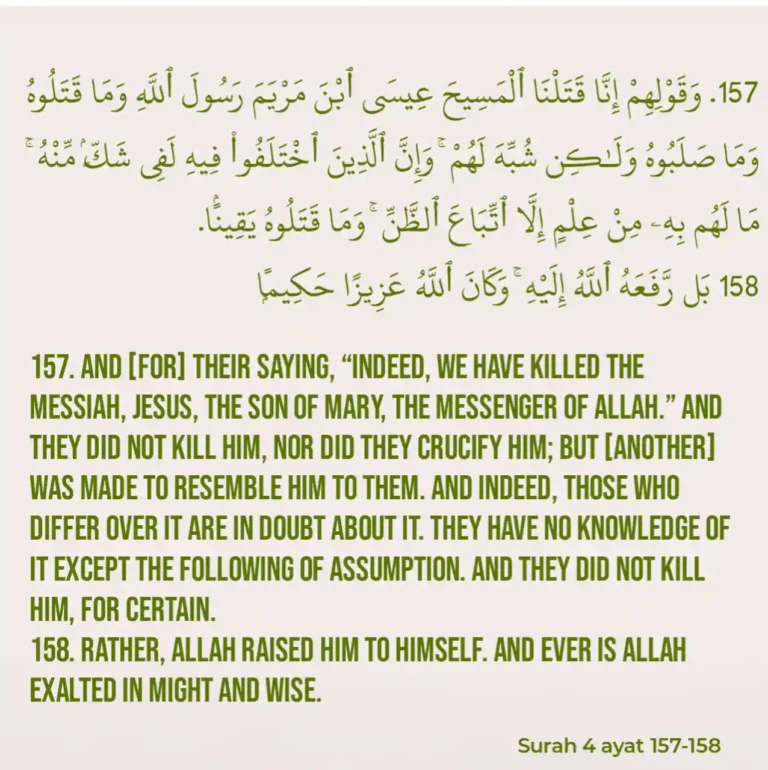
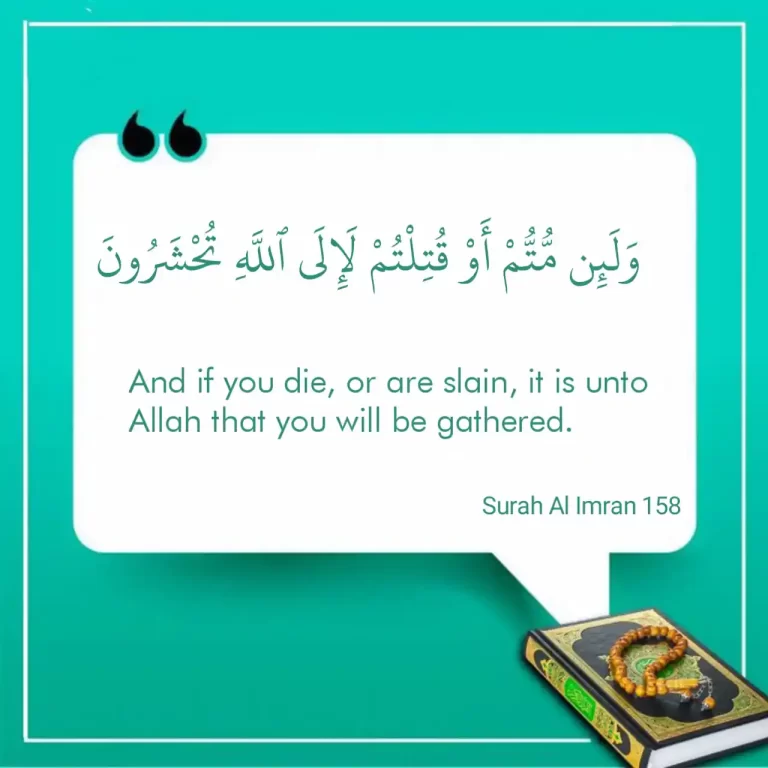
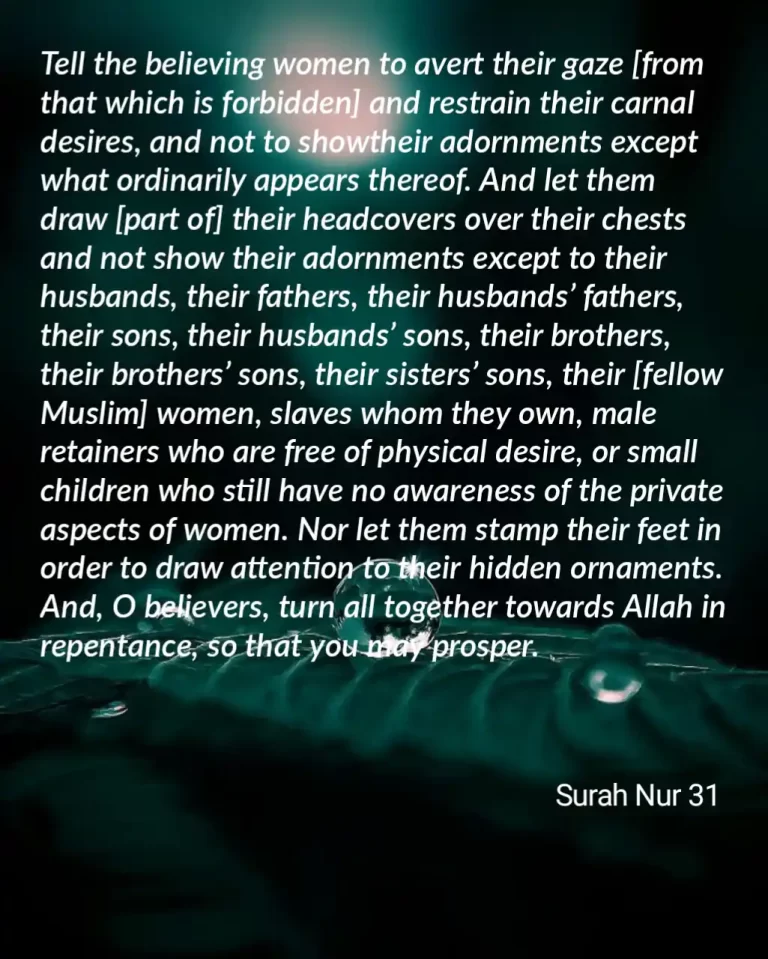
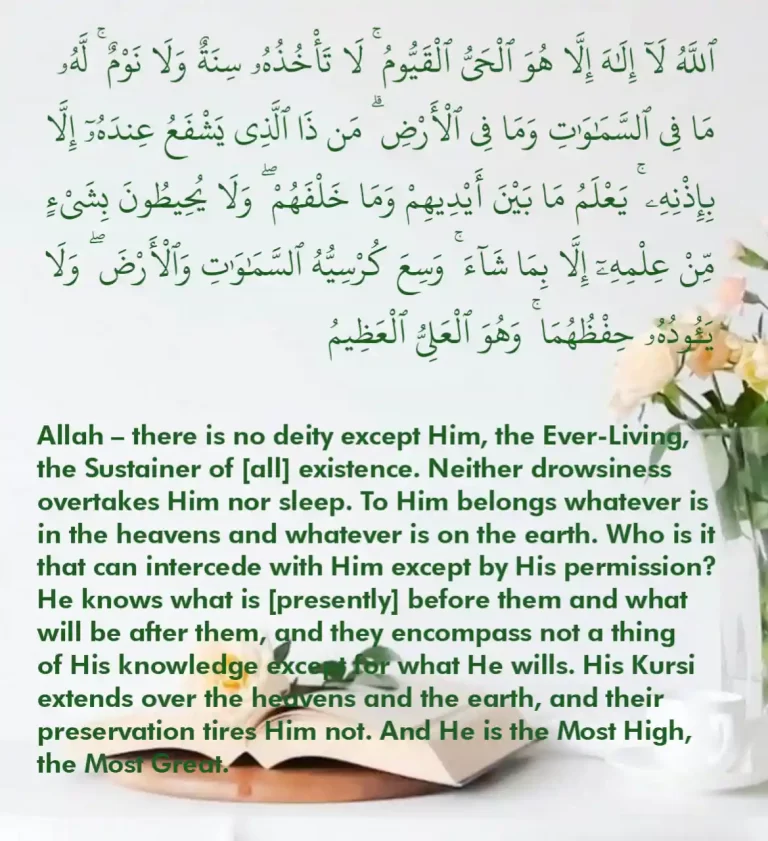

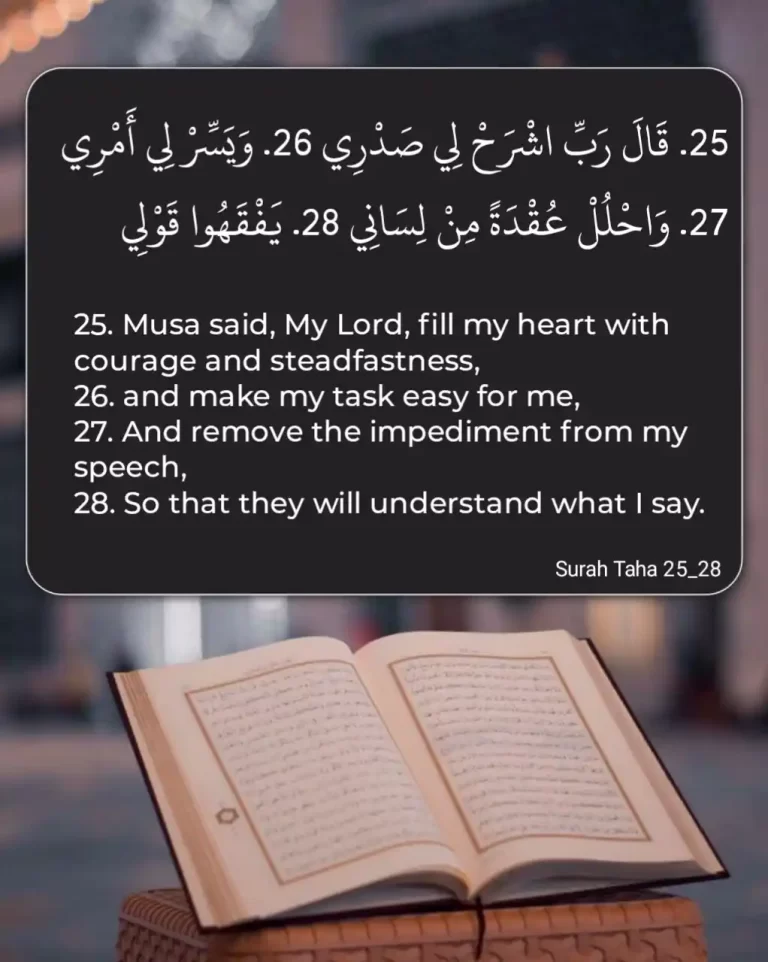
One Comment